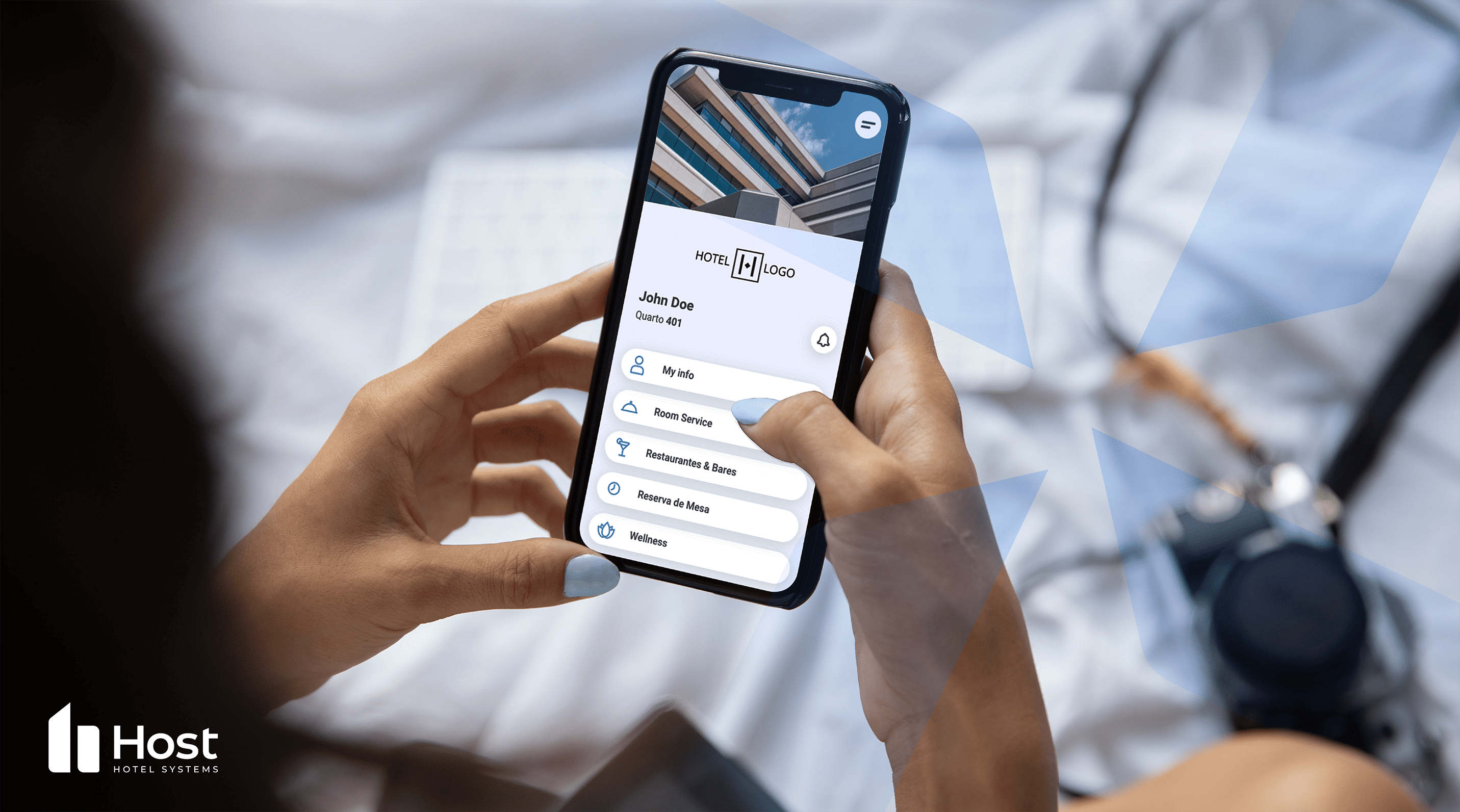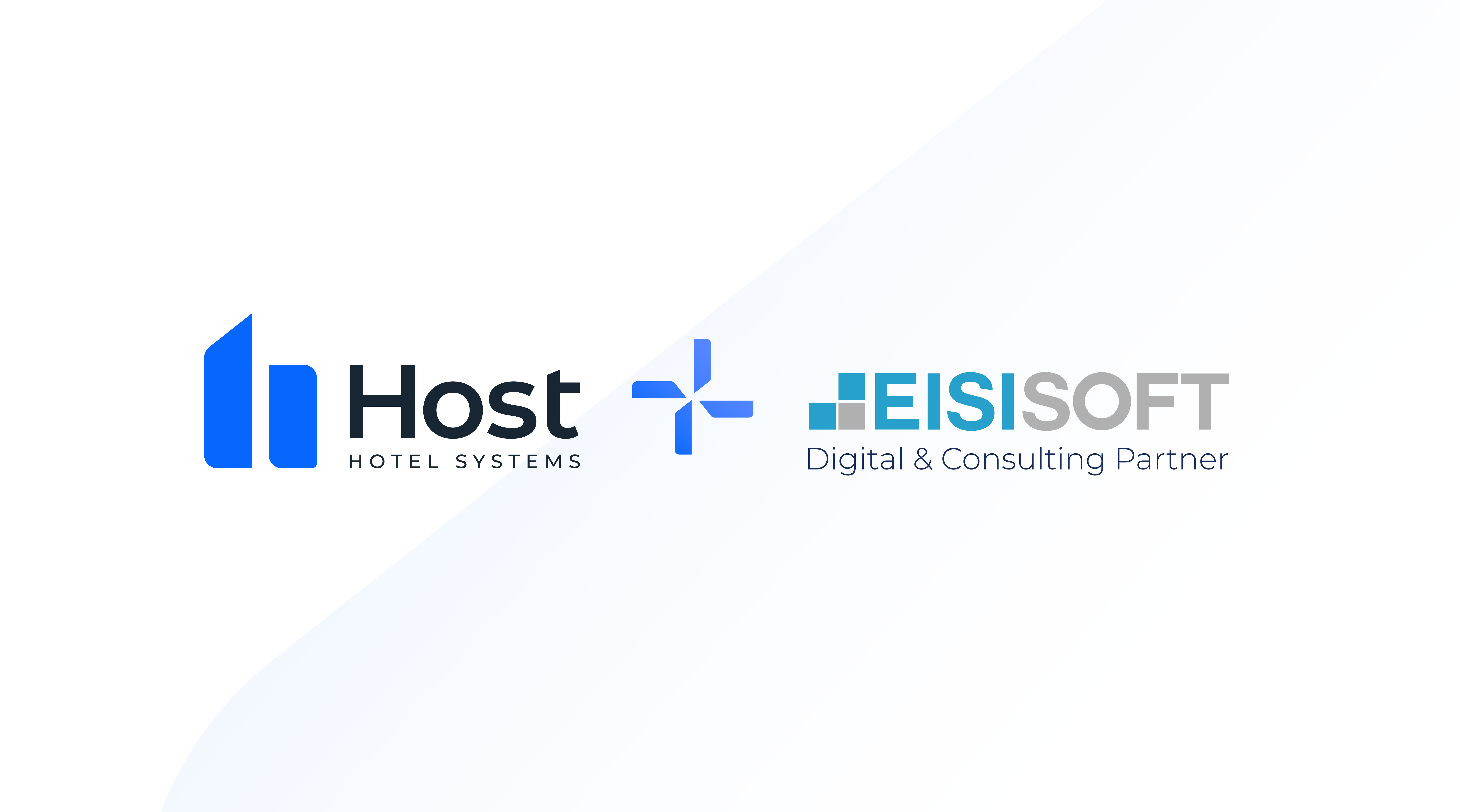
In today’s fast-paced world, where convenience and speed are essential, hotels are rapidly adopting self-service technology to meet the ever-evolving expectations of guests. As travelers increasingly seek personalized and efficient service, hotels are turning to innovative digital solutions to give guests more control over their stay, especially during hours when human staff may not be available.
But how exactly does self-service technology impact the guest experience? Let’s explore the many benefits of this technology and how it is reshaping the way guests interact with hotels, while also boosting satisfaction and engagement.
What is self-service technology?
Self-service technology enables hotel guests to perform tasks and access services through digital platforms or artificial intelligence (AI), without needing to interact directly with hotel staff. This can include mobile apps, touchscreen kiosks, or even AI-based virtual assistants—all designed to help guests manage their stay with ease.
In short, these tools empower guests to take control of their journey — from check-in to room service and beyond. These systems can also integrate with other platforms, such as digital payment systems and automated service requests, creating a seamless experience.
Positive impacts of self-service technology on the guest experience
The adoption of self-service technology has a major impact on guest satisfaction. Here are some of its key benefits:
1. Faster service requests
Even though guests are often relaxed while on vacation, no one wants to waste time waiting in line. Self-service technology solves this by enabling guests to make requests via mobile apps or digital kiosks without needing to speak with front desk staff.
For example, a guest who wants extra towels, information on local activities, or a minibar item can make the request directly from their device. The request is instantly forwarded to the appropriate department, no waiting involved. This not only improves the guest experience but also enhances the hotel’s operational efficiency.
Fast response times are key to satisfaction, giving guests confidence they can get what they need at any hour without depending on staff availability.
2. A positive first impression
Check-in is one of the first points of contact between a guest and the hotel, making it a crucial moment. Traditionally, this process involves lines and delays, but check-in kiosks and mobile check-in systems eliminate that friction.
Technology-enabled check-in helps guests feel well cared for right from the beginning. After a long journey, a guest will appreciate being able to check in via their phone or a kiosk and head straight to their room. This stress-free experience instantly conveys comfort and efficiency.
Reducing wait times also gives guests more time to relax or explore the property, making them feel like they’re getting the most out of their stay.
3. Safety and comfort through contactless technology
Self-service solutions provide an effective way to reduce physical contact, boosting the sense of security and comfort for guests. Many travelers now prefer minimal face-to-face interactions, particularly when physical distancing is a consideration.
Digital check-in and check-out systems allow guests to arrive and depart without needing to interact with reception. Digital room keys also enable guests to access their rooms using smartphones, offering more convenience and reducing the risk of lost keys.
This contactless approach makes the experience smoother and safer, allowing guests to interact with the hotel in whichever way suits them best.
4. Greater convenience and flexibility
One of the biggest advantages of self-service technology is the freedom it offers. Guests can manage their stay independently, at any time of day, regardless of staff availability.
Late-night arrivals, for instance, can check in via a mobile app ahead of time and skip reception entirely. Room service requests, activity bookings, and reservation modifications can all be handled directly through the hotel’s app or kiosks.
This is especially valuable for guests with irregular schedules or those who prefer a more autonomous and hassle-free stay.
5. Seamless payment process
Self-service technology also shines when it comes to payments. Guests can pay through digital platforms like Apple Pay, Google Pay, or PayPal, or use in-hotel kiosks, making transactions easy and frictionless.
This also simplifies expense tracking and allows guests to pay when and how they prefer. Removing the need to stop by the front desk to settle a bill makes for a much smoother departure experience.
This is particularly convenient when guests are in a rush and want to leave quickly without dealing with delays.
6. Autonomy and personalization
Perhaps the most compelling aspect of self-service technology is the autonomy it grants. Guests can tailor their stay, adjusting room temperature, making service requests, or updating reservation details, on their own terms.
This autonomy lets each guest decide how much or how little they want to engage with staff. Whether someone prefers minimal interaction or needs help at specific times, personalization ensures the experience is aligned with their individual preferences.
Offering this level of customization fosters emotional connection with the brand, making guests feel valued and understood.
7. 24/7 Support
Self-service technology also empowers hotels to provide round-the-clock support without needing staff on duty at all times. Tools like chatbots, virtual assistants, and automated help systems ensure guests can get information or assistance any time, day or night.
For example, if a guest has a question about airport transfers or needs help late at night, they can reach out via a virtual assistant. This improves the overall experience and shows that the hotel is always available and attentive.
Conclusion
Self-service technology is fundamentally transforming the hotel guest experience. By providing more autonomy, flexibility, and convenience, hotels can optimize time and resources while delivering a more personalized and satisfying stay.
These innovations lead to happier, more loyal guests, ultimately enhancing the hotel’s brand image and reputation.
While human service remains essential, self-service technology introduces new ways to enhance the guest journey, creating the perfect balance between digital efficiency and warm hospitality.















